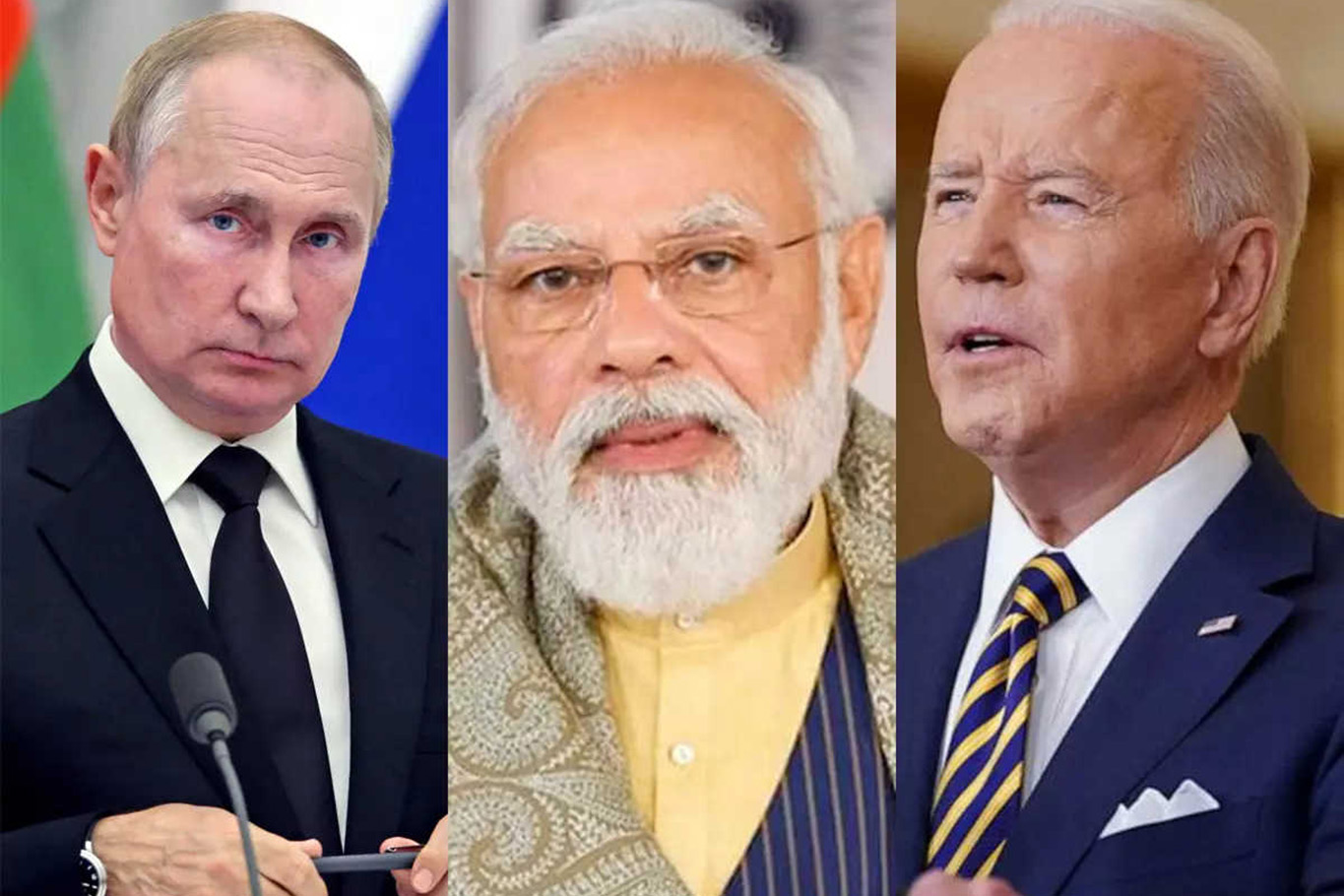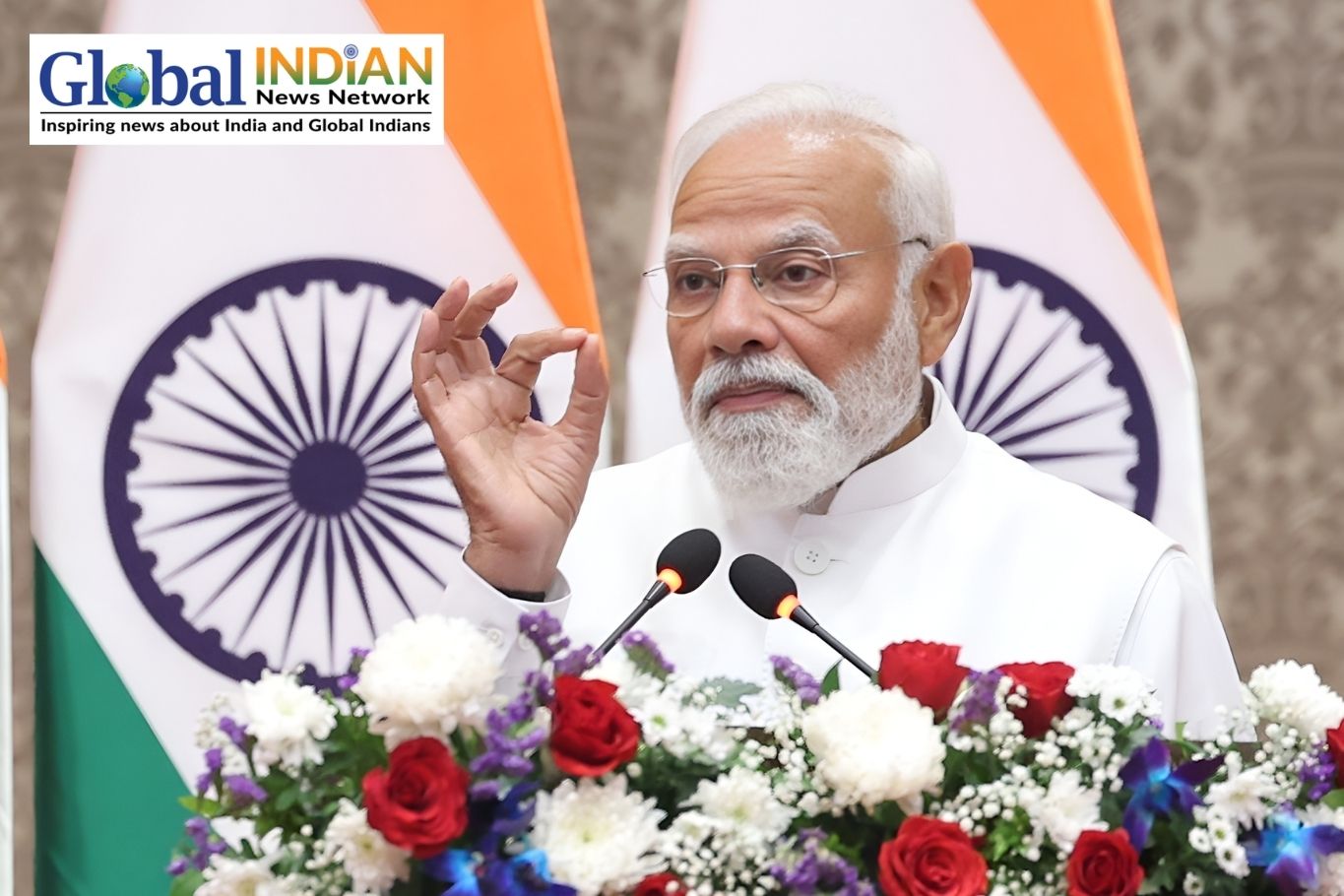 In contrast to its efforts to penalize countries engaged in transactions with Russia, the United States itself continues to make substantial annual payments to Moscow, totaling around $1 billion, for the supply of enriched uranium.
In contrast to its efforts to penalize countries engaged in transactions with Russia, the United States itself continues to make substantial annual payments to Moscow, totaling around $1 billion, for the supply of enriched uranium.
According to a report from The New York Times, the United States relies on Russia to fulfill over one-third of its annual demand for enriched uranium, which is essential for powering its nuclear plants and generating more than half of its emissions-free energy.
This significant payment is made to the Rosatom State Nuclear Energy Corporation, which is believed to have close ties to Russia’s military-industrial complex, providing support for Moscow’s involvement in the conflict in Ukraine.
Critics argue that the United States demonstrates double standards by pressuring and admonishing countries like India regarding their energy dealings with Russia, while simultaneously prioritizing its own interests and continuing to rely on Russian uranium.
To provide context, the United States previously held dominance in the uranium market but ceased its enrichment activities after striking a deal with Russia following the collapse of the Soviet Union. Consequently, the United States now depends on Russia for approximately one-third of its enriched uranium, while the remaining supply is imported from Europe.
This reliance on foreign sources of enriched uranium leaves the United States vulnerable to potential disruptions if Russia were to halt uranium sales. However, energy experts and lawmakers in the United States argue that successive administrations have been slow to pursue domestic enrichment initiatives, with potential federal funding entangled in bureaucratic processes.









